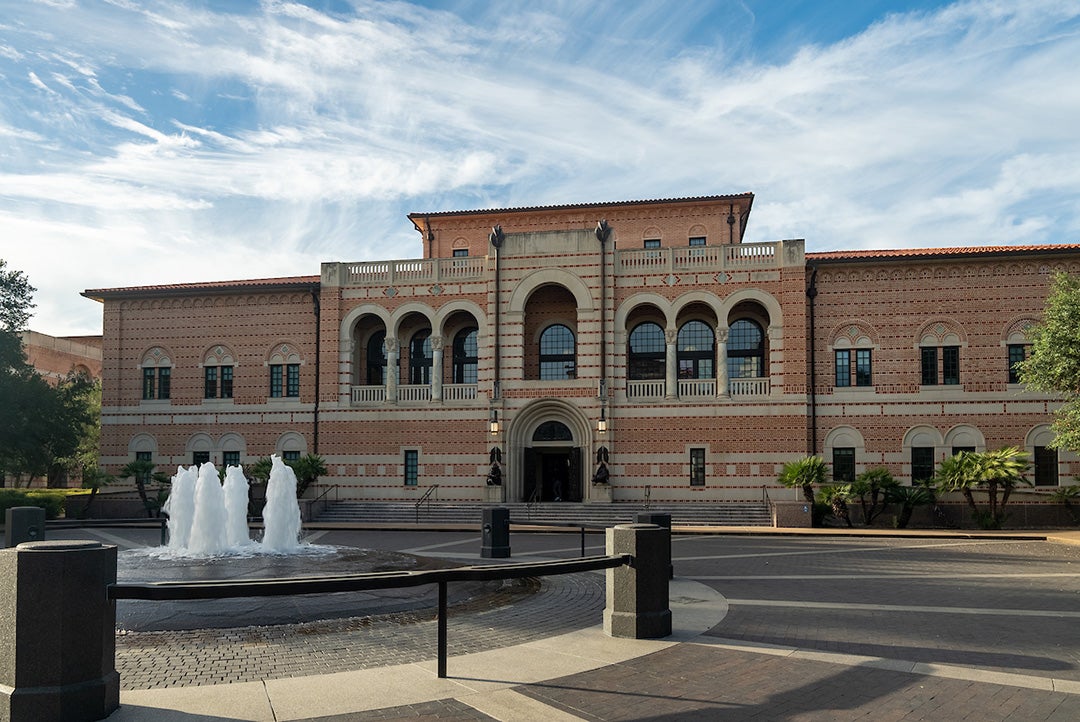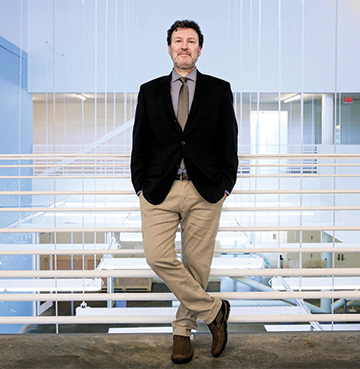Business Savvy
Research briefs from the Jones Graduate School of Business

Spring 2024
By Deborah Lynn Blumberg
The Jones Graduate School of Business offers a research-based curriculum and a purpose-driven approach to empower students to become the leaders they aspire to be. With the No. 1 graduate entrepreneurship program in the nation, Rice Business is an internationally recognized leader for educating and producing talented entrepreneurs.

The real “Succession”
Strategic management expert Yan “Anthea” Zhang studies CEO succession and how publicly listed companies are governed. It’s critical work, as CEO turnover is historically high and vulnerable to climbing further as executives juggle the rise of AI, aggressive cyberattacks, increasing regulations and a push — from investors, workers and consumers alike — toward sustainability. “Unexpected change in the CEO office can lead to a vicious cycle in which more people may leave and stakeholders may wonder what is happening in the C-suites and withhold their support to the company,” she says.
Necessity really is the mother of invention
Scott Sonenshein’s research and publications take readers to places we recognize. An expert in leadership and organizational change, Sonenshein has studied the complex relationships between employees and employers for almost two decades. He penned a book with professional organizer Marie Kondo and has conducted studies in a variety of settings, from food trucks to banks to bookstores — and now orchestras. Recently, he embarked on a multiyear study of two prominent orchestras, teasing out the leadership practices that allowed one to fare better during the COVID-19 pandemic. His conclusion? Become nimbler by thinking more like jazz ensembles and less like classical orchestras. “When leaders follow the adage of ‘necessity is the mother of invention,’ they’re able to tap into their existing resources and foster collective creativity to help their organization effectively respond to crises,” he says.
12.5% — the likelihood that executives are in touch with customer desires
What’s the most effective way to lead a strategic planning process? Vikas Mittal has some scientific data on this issue. In a recent study on strategy involving 17,251 customer opinions and 127 companies, Mittal found that executives were in tune with their customers’ wants in only 12.5% of cases. “Many senior executives are stuck in an old style of thinking, and it’s harming customers and employees,” he says. “If they continue relying on intuitive beliefs, it would be very easy to replace their decision making with artificial intelligence.” Instead, to be successful, executives must make strategic decisions based on a systematic, science-based approach that starts with choosing a clear desired outcome.

Q&A: Nicola Secomandi
Nicola Secomandi’s research focuses on the energy industry, largely the management of the trading operations of merchant energy firms. Last summer, he took on a new role at Rice Business, senior adviser to the dean on the energy transition, as the world looks toward the industry’s inevitable transformation. Read an excerpt from Secomandi’s interview with Rice Business Magazine here, and find the full interview at business.rice.edu/transition.
Everyone discusses the energy transition, but the issues are complex and evolving. Where do we start?
The end goal is clear: to decarbonize our society on a global scale. What is unclear are the specific paths different companies and governments will take to get there. The obvious starting point, for me, is learning what organizations are doing currently. The transition to a world in which energy will be predominantly clean will take decades, so it’s important that we engage in this process now.
Are there companies at the forefront of the thinking behind the transition?
Energy and other companies are actively driving the transition. It is common for businesses to rely on valuable insights and expertise offered by consulting companies, but some benefit from collaborations with academics. Every company is grappling with the future of energy. But those who lead are operating with a more sophisticated level of decision making based on data and structured analysis, possibly based on collaborations with academics. La Poste, the French postal operator, is an early example of practice and academic collaboration driving energy transition business decisions. Research helped the company determine in 2010 that it should [start] replacing expiring leases for diesel trucks with new leases for electric trucks in early 2015, which is what La Poste did.
